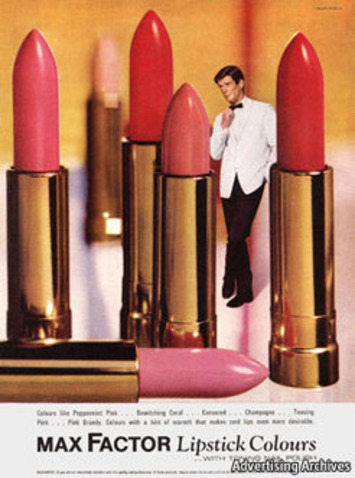“You would be amazed to find how often we mislead ourselves, regardless of how smart we think we are, when we attempt to explain why we are behaving the way we do,” Dichter observed in 1960, in his book “The Strategy of Desire”. He held that marketplace decisions are driven by emotions and subconscious whims and fears, and often have little to do with the product itself. Trained as a psychoanalyst, Dichter saw human motivation as an “iceberg”, with two-thirds hidden from view, even to the decision-maker. “What people actually spend their money on in most instances are psychological differences, illusory brand images,” he explained.
At a time when national companies were aggressively jockeying for position among Americans—a suddenly cash-happy and acquisitive bunch—Dichter promised a way to influence consumers' brains. If shopping was an emotional minefield, then strategic marketing could be a gold mine for companies.
Between the late 1930s and 1960s Dichter became famous for transforming the fates of businesses such as Procter & Gamble, Exxon, Chrysler, General Mills and DuPont. His insight changed the way hundreds of products were sold, from cars to cake mix. He pioneered research techniques such as the focus group, understood the power of word-of-mouth persuasion and earned startling fees for his theories. By the late 1950s his global business reached an annual turnover of $1m ($8m today), and he enjoyed a reputation as the Freud of the supermarket age.
Research and publish the best content.
Get Started for FREE
Sign up with Facebook Sign up with X
I don't have a Facebook or a X account
Already have an account: Login
Adventures in advertising and marketing - the contemporary, the historical, and the hysterical. http://deanna.dahlsad.com/
Curated by
Deanna Dahlsad



 Your new post is loading...
Your new post is loading...























